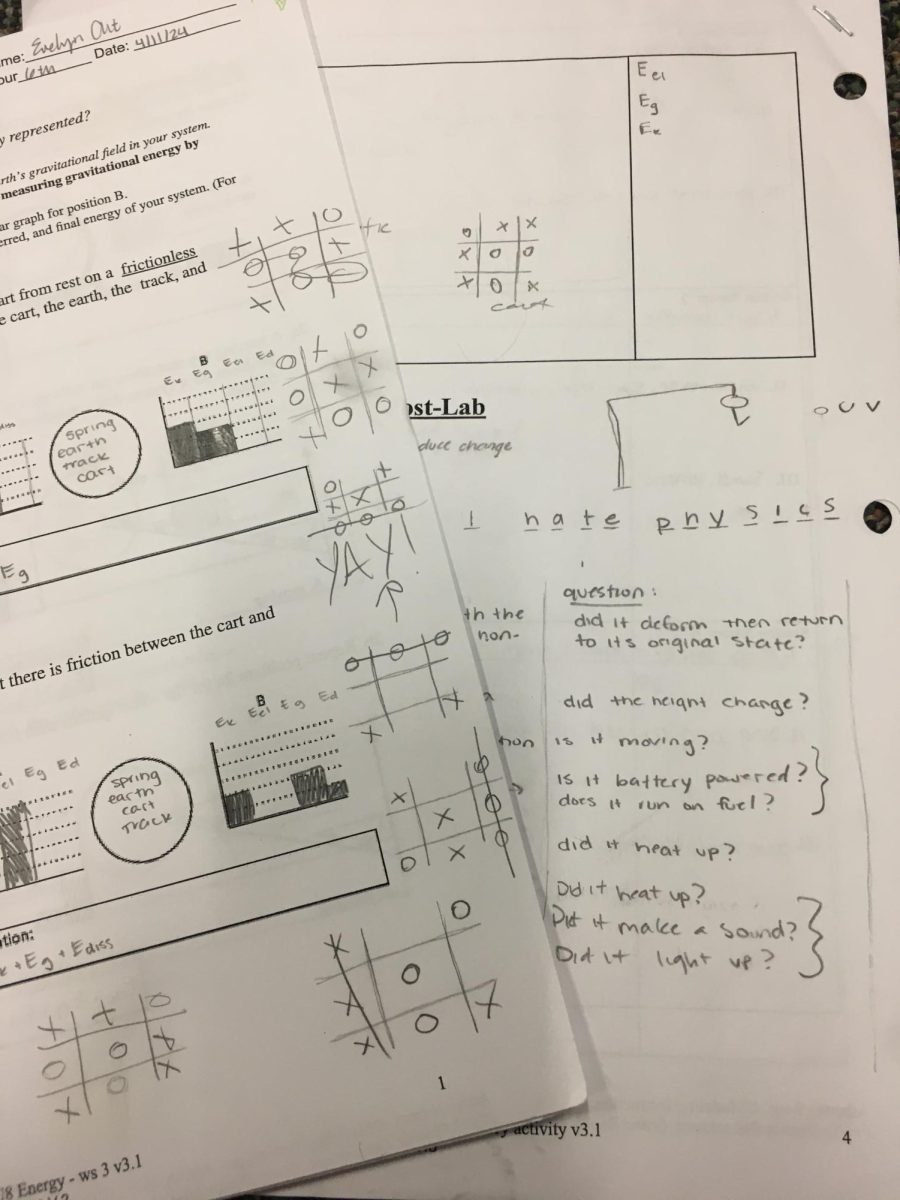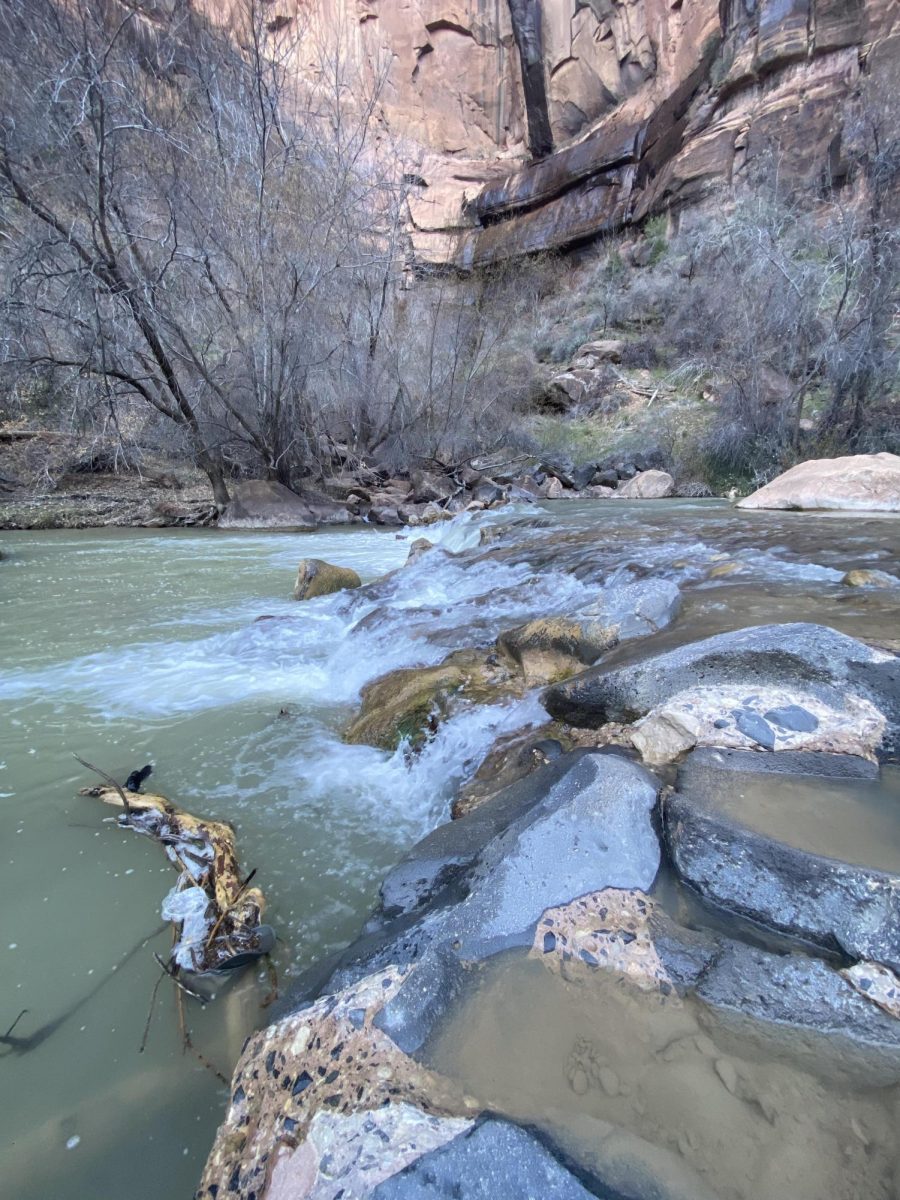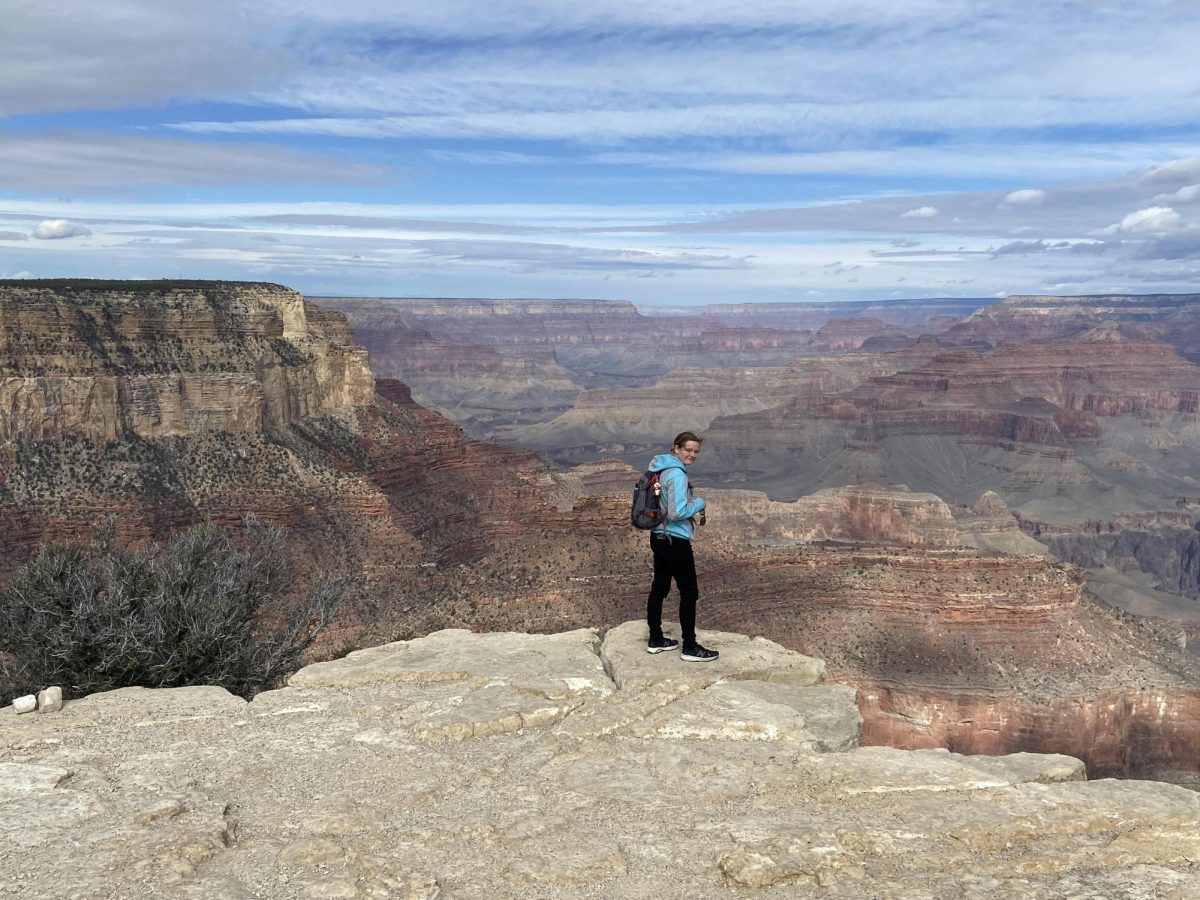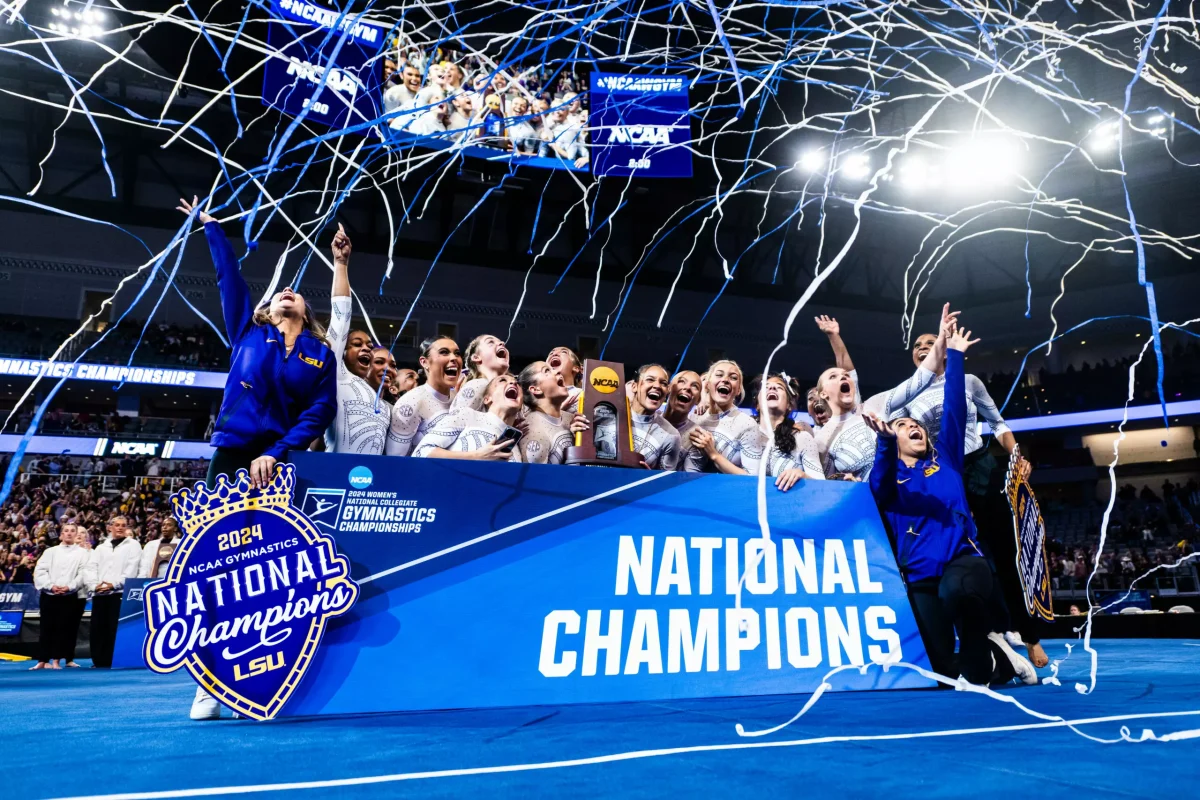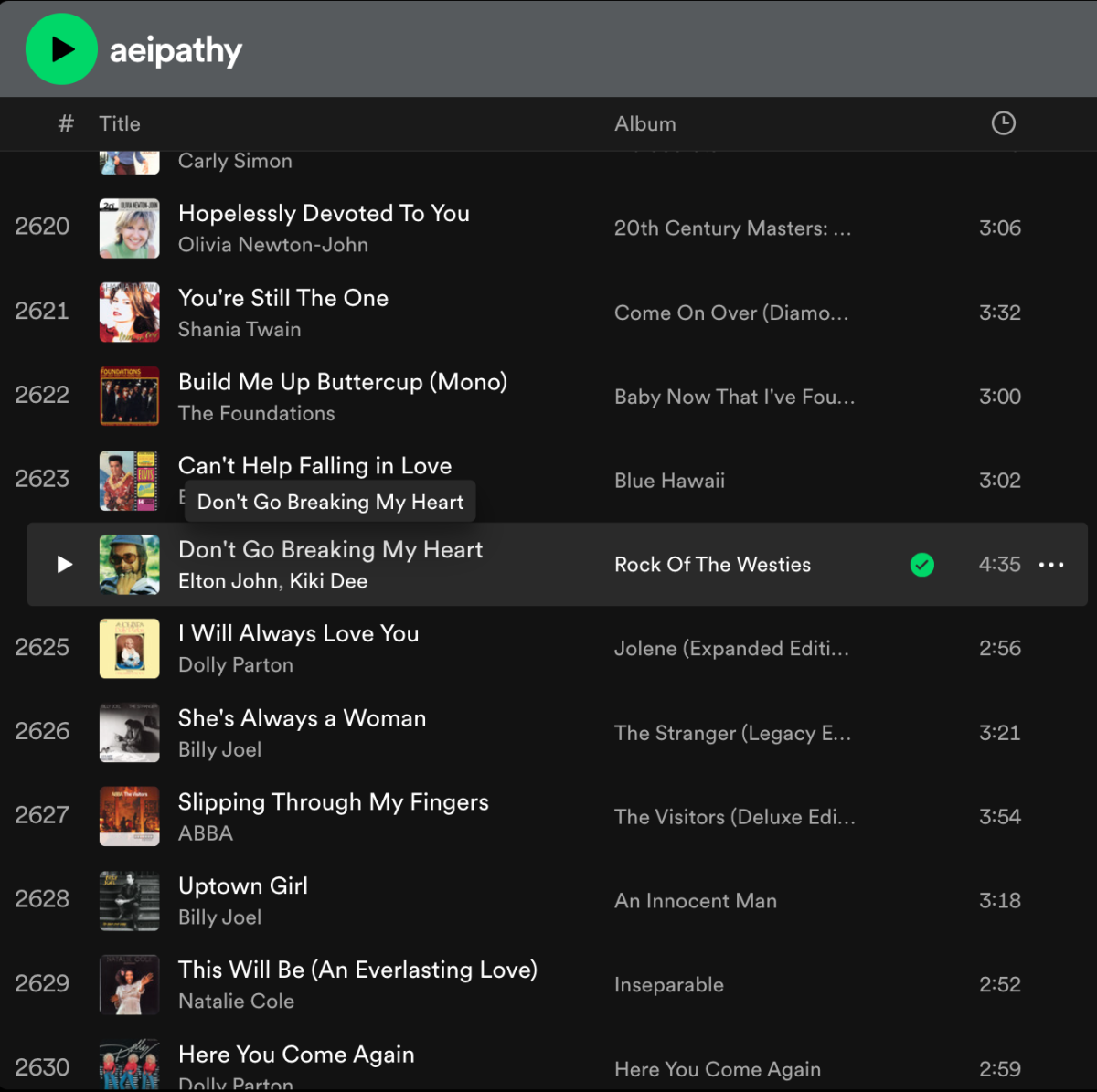Aiden Platt’s “quark” is physics
Aiden with one of his current projects
A catapult is a machine used to launch a projectile over a great distance. It is also a commonly-made contraption in many science classes. As it is meant to throw an object through the air, one might think “the longer, the better,” right? Wrong.
“I was building a catapult and had to modify it,” sophomore Aiden Platt said. “We were supposed to hit a target of two meters, but during the event, I accidentally calibrated it wrong, so the ping-pong ball went eight meters off the target. I thought that was funny, but we obviously didn’t place well.”
This story of a catapult misfire is one of Aiden’s many experiences at Science Olympiad, an activity centered around science and engineering in which teams of students face off in competitions such as written tests, lab events, and building and modifying machines, such as the catapult.
Aiden, who has been involved in Science Olympiad for two years, decided to join the team because of his love for science but has grown to love the group for other reasons, too.
“[Science Olympiad] is a club where there is a big team of people and different events that you can compete for in teams of two,” Aiden said. “You go to a competition to show off your knowledge. Typically, if you are on a specific event, you stick with a partner for the entire year so you can work together.”
This teamwork has allowed Aiden to create many lasting friendships, and it has been an incredible experience for him. But, Science Olympiad is only one of the outlets for Aiden’s love of science.
This passion began for Aiden in fourth grade, when he was first introduced to the concept of matter, and it has only grown since. He is mostly interested in physics and chemistry, and he has realized that he loves science so much because it helps him understand how the world works.
“The way we get light from the sun is actually a much more complicated process than most believe,” Aiden said, “or even the way a plant grows is very complicated, or how it creates its own food, which is obviously vital to ecosystems. Even how a car works. Most people probably couldn’t explain how a car or a GPS works, but they are very useful and predominant in our lives, and I just like to understand why.”
There’s a lot to science, and a lot of people can find something interesting in it that they may not know.
— Aiden Platt
This curiosity has driven Aiden to research different science topics on his own. He is very interested in physics, specifically on a smaller scale, including atoms and quarks. Although these specific topics may not be discussed in science class, he finds time on his own to dive deeper into subjects that interest him.
Not all subjects interest him, though. Aiden found biology to be his least favorite vein of science.
“I don’t find all science interesting,” Aiden said. “I didn’t like [Biology] very much, but I did find some parts of it interesting, and then I would dive a little deeper into those subjects on my own. If a question isn’t answered in class, I like to research it on my own to understand it better.”
One such topic that Aiden has dove deeper into is the subject of space. He is interested in the idea that so much of space is unknown, and he loves the paradoxes that it presents. He has found many interesting facts about space throughout his research, but one about black holes stuck out to him.
“A black hole is the darkest object in the universe,” Aiden said. “On the other hand, a quasar is the brightest object in the universe, and it is created by a black hole.”
The research that Aiden does outside of school and Science Olympiad has led him to many interesting discoveries such as this, and he hopes to continue such research in his future. He wants to major in physics (preferably at the University of Michigan) and said that he can see himself being a science researcher in the future.
For all of his love of science in the real world, Aiden does not feel nearly as strongly about science classes at school. Many people who dislike science find them to be boring, but even a person such as Aiden, with a strong interest in the topic, often finds them lacking.
“I don’t always feel like [science classes] are interesting,” Aiden said. “I feel like they could teach it a little differently, maybe more hands-on than what we do [right now]. I think if they just teach you to pass a test, then you’re not really learning anything.”
Despite the drawbacks of learning science in school, Aiden has found a place in this subject that so many despise. Through Science Olympiad, personal research, and hope to continue his love of science into the future, Aiden has discovered what he loves and hopes to use that passion to make the world better.
He sees value in everyone learning science, even if it is sometimes boring and barely ever easy to understand.
“Even if people aren’t interested in science, it helps you become a better thinker,” Aiden said. “It [teaches you] how to question and how to design an experiment, which would be very applicable in the real world. It teaches you how to form a hypothesis, to investigate whether it’s true or not. There’s a lot to science, and a lot of people can find something interesting in it that they may not know.”

Millie Alt is a junior excited to be starting her first year on The Central Trend. She loves, loves, loves to write and is so excited to have an opportunity...













